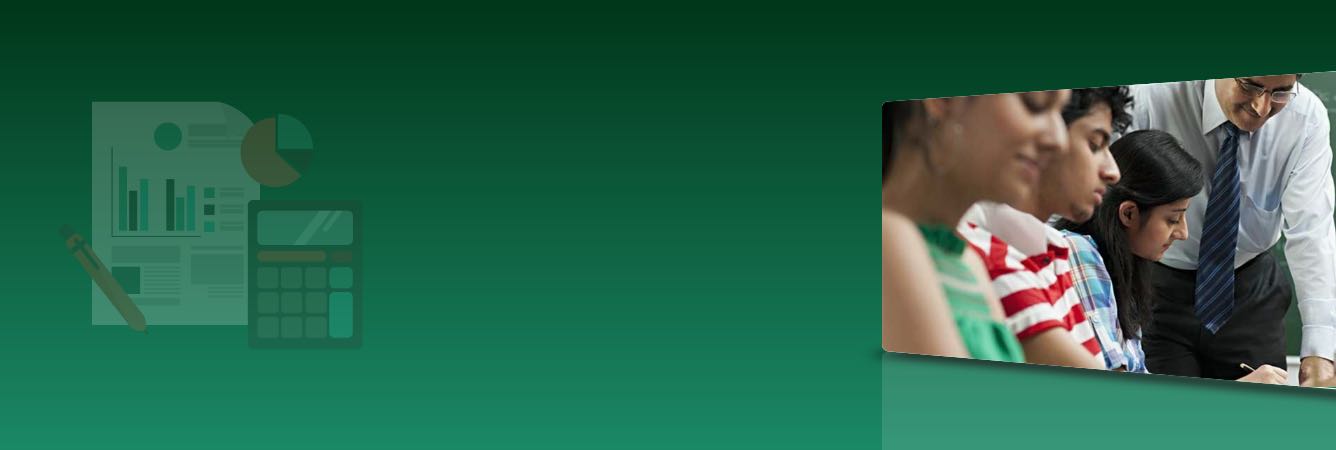
| ✅ Free Demo Class : | Available |
| ✅ Average price : | INR 400/hr |
| ✅ Tutors available : | 9,164 |
| ✅ Class format : | Online or Offline classes |
You can browse the list of best CPT tutors on UrbanPro.com. You can even book a free demo class to decide which Tutor to start classes with.
The fee charged varies between online and offline classes. Generally you get the best quality at the lowest cost in the online classes, as the best tutors don’t like to travel to the Student’s location.
It definitely helps to join CPT Coaching near me in India, as you get the desired motivation from a Teacher to learn. If you need personal attention and if your budget allows, select 1-1 Class. If you need peer interaction or have budget constraints, select a Group Class.
UrbanPro has a list of best CPT Coaching
Damian attended CPT Coaching
"Very good teacher helped in CPT (CA) Quantitative aptitude. I was not doing well..."
Neha attended CPT Coaching
"I met the best Faculties here, my life took a you-turn, i was an average student..."
Hanis Pingolia attended CPT Coaching
"If you are doing CPT and you are a commerce student(without maths). Then this is..."
Rakhi Sain attended CPT Coaching
"I have cleared Both group in first attempt. Thanks Vidyadhan Academy. Specially thanks..."
Aman Khandelwal attended CPT Coaching
"You can't find better place for cpt and ipcc coaching. TEACHERS here came from heaven..."
Ankit Singh attended CPT Coaching
"One of the best coaching institute in our area. A good coaching centre and provide..."
Mayank Rana attended CPT Coaching
"They are the best faculties with wonderful experience they take doubts , give back..."
Refia Khan attended CPT Coaching
"We shifted from Dubai to Mumbai before 3 yrs back but my child was unable to adjust..."